 Here are some notes from our 1/4/2017 recording sessions on ways to improve our podcasting of Star Trek Adventures game sessions.
Here are some notes from our 1/4/2017 recording sessions on ways to improve our podcasting of Star Trek Adventures game sessions.
Tools Needed
- Rank Chart
- “Stay In Character” Sign
- Cheat Sheet — People/Places/Things Cheat Sheet
- Player stand — Stand for character sheet (not sure this is practical given the current room on table)
- GM Tools — I’ve got a host of GM tools (name tables, techno-babble tables, sector map, etc.) I’ll be creating
Behavior Changes
- Talking over people — I think we still talk over each other and it will be distracting
- Rabbit trails — Need to avoid tangential discussions not related to the story
- Eating at the table — We should restrict eating to the breaks
- Table Noises — Avoid dropping phone on table, crinkling water bottles, excessive shuffling of papers, etc.
Hand Signals
Add the following hand signals.
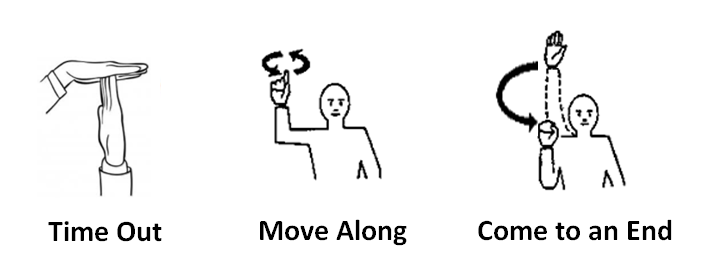
Podcasting Hand-Signals
- Timeout — Pause recording
- Move Along — Used to shut down Rabbit trails digressions, excessive time in a scene, etc.
- Come to an End — About to close the segment so don’t start new actions
Standard Terms
- Session — An evening of play. Target is 3 segments per session. Games start at 6:30pm (activities at 6:30pm include leveling up, podcast logistics discussion, and other off-air activities). Recording starts around 6:45-7pm. Segments record from 7-8pm, 8-9pm, and 9-10pm. Session ends around 10pm.
- Adventure — An adventure arc of approximately 3-6 segments, run over 1 to 2 game sessions.
- Segment — aka an Episode. 45-55 minutes of roleplaying which close on a satisfying ending. Each segment will eventually be packaged as a Podcast Episode. Followed by a 5-10 minute break.
- Episode — Individual segments packaged up as an Podcast episode. Follows the Season # + Episode # format naming convention, e.g. ‘Vanguard S1E01’ or ‘Vanguard: Season 1, Episode 01’.
Notes from 1/17/2018 Discussion
- We will publish an org chart of characters and setting information.
- We will post a summary of podcast rules in the room where we podcast.
- Season One — have both a Primary and a Secondary character.
- Season Two — One of your two characters is likely to die, and the other one you carry forward. You’ll create a new character of the type (Primary or Secondary) you don’t have. You’ll have again have a Primary and a Secondary character at that point. Any time a character dies, you replace them with a new character of that type.
- Stan starts off as the NPC captain. Pretty quickly, Mason becomes the new captain for Season 1. We plan on John S. becoming captain at the beginning of Season 2. Idea is that seasons run around 6+ months and end with a big milestone event, after which time the current captain gets promoted, killed, or otherwise is off-stage. Character who was the captain before comes in with a new character at much lower level (maybe an Ensign).
- Whoever is playing the captain does the podcast intro. and reads the captain’s log ‘boxed text’ that kicks off an adventure. So the poll results are moot at this point.
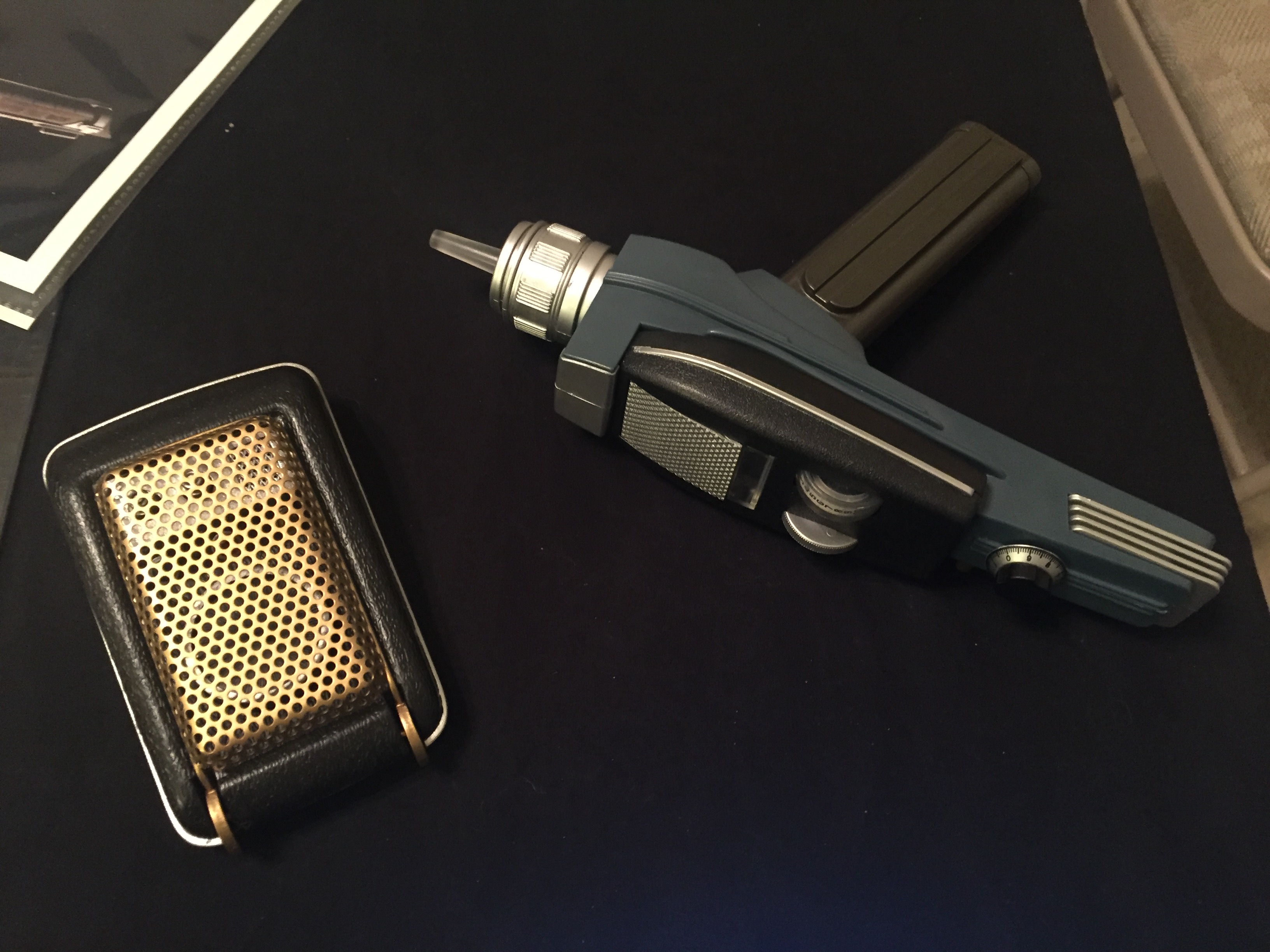
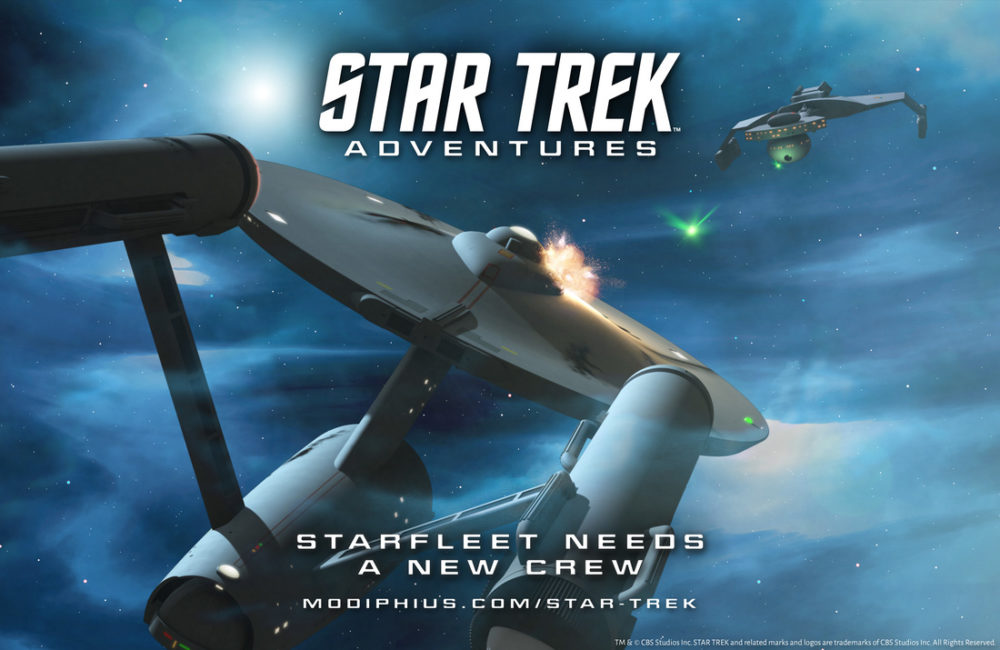


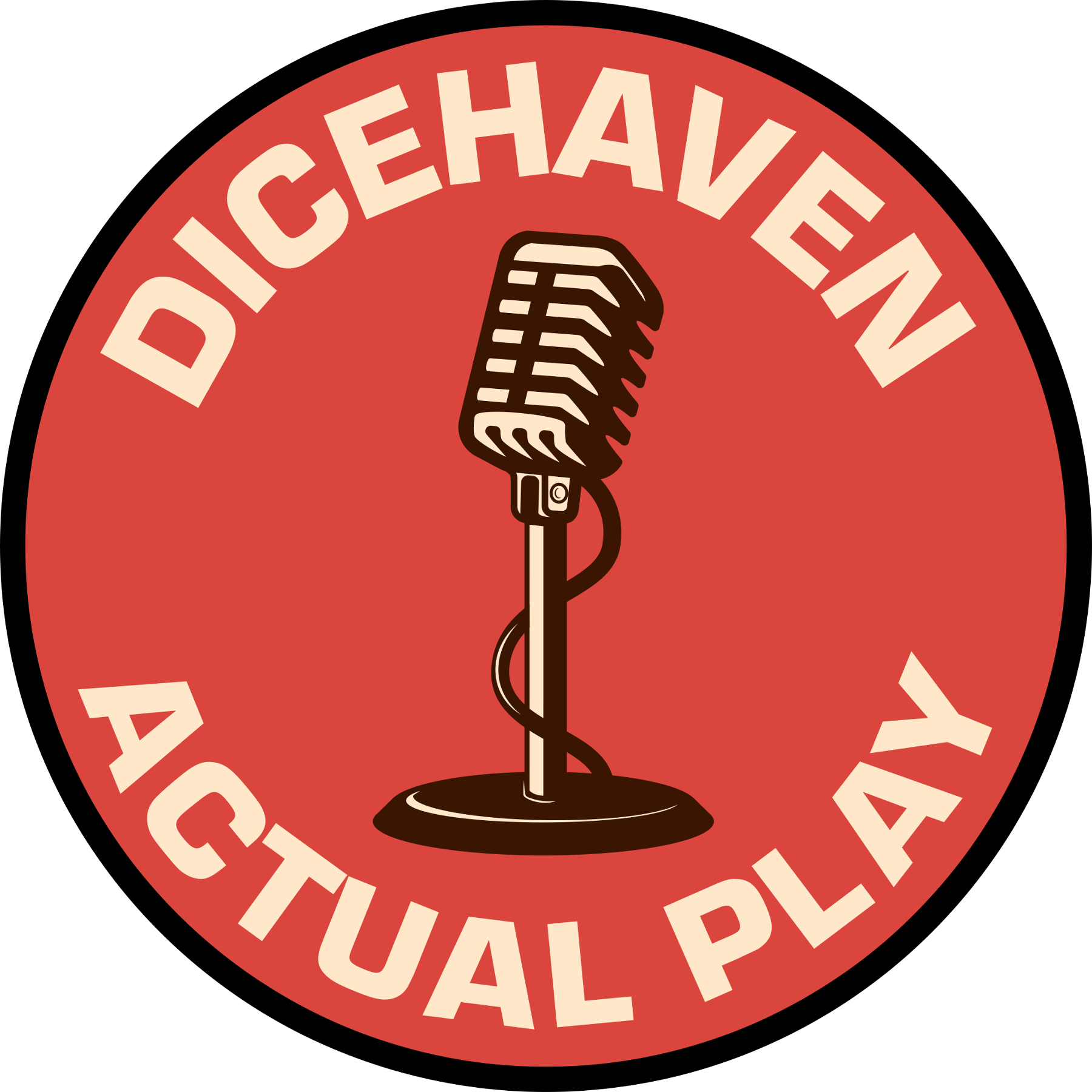
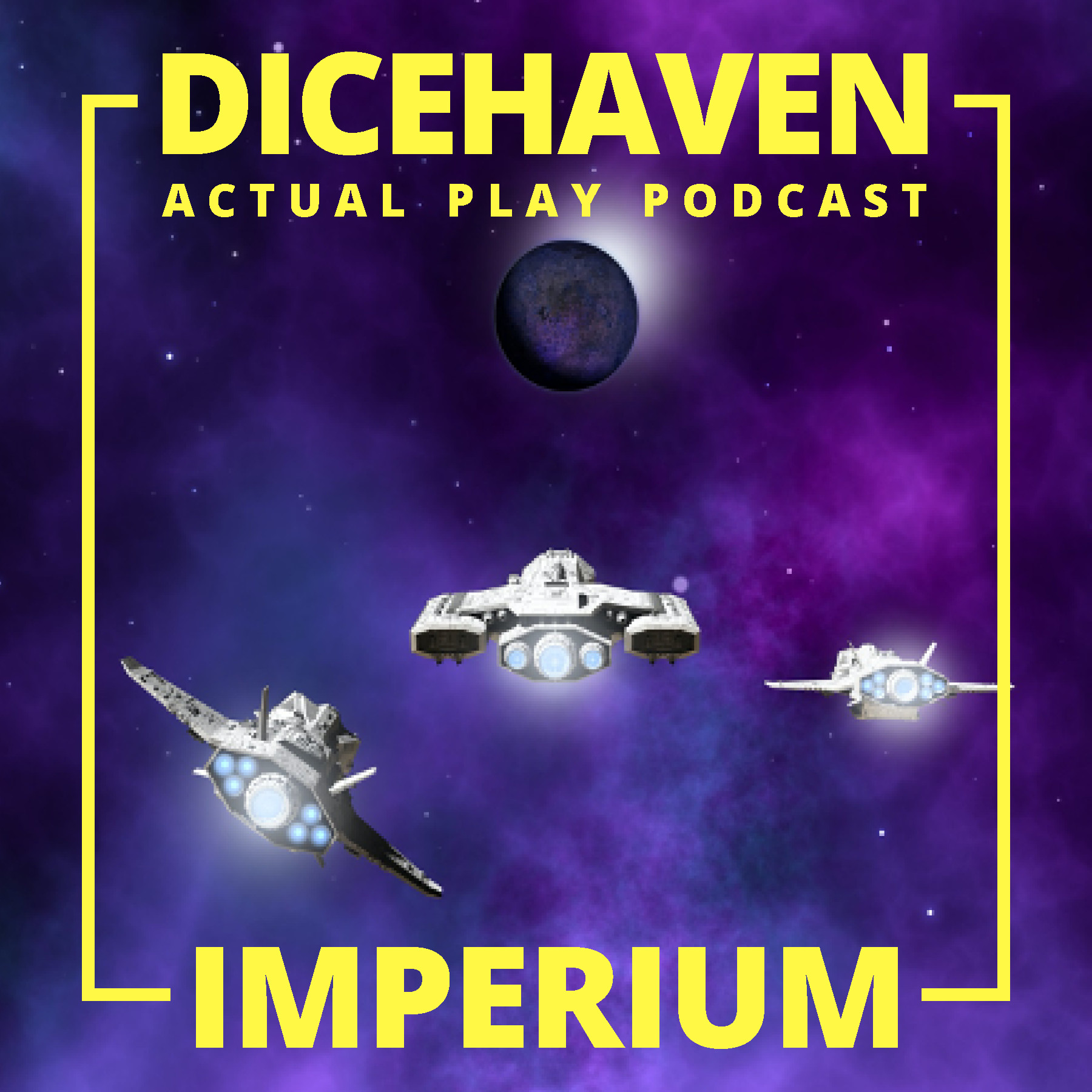
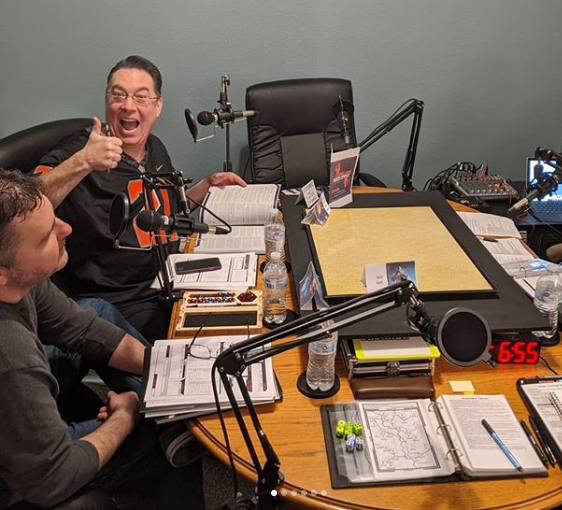
Recent Comments